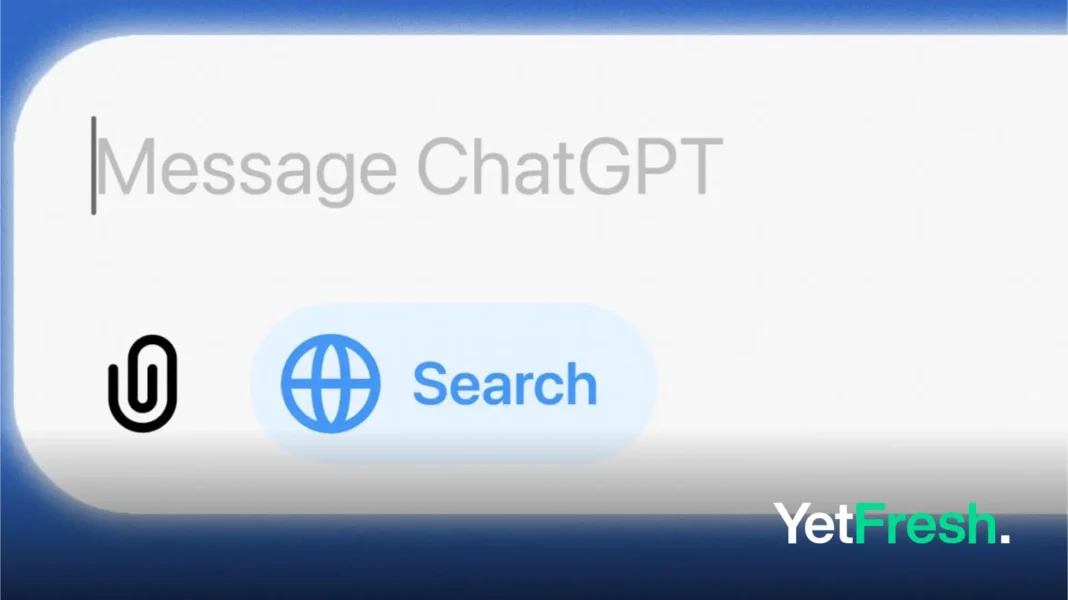Summary:
- OpenAI has expanded its ChatGPT search engine to all users, including free-tier accounts, making it globally accessible on all platforms.
- Mobile app updates now include a map feature for searching and chatting about local businesses and attractions with detailed information.
- Advanced Voice Mode, available to paid users, allows real-time searches and conversational responses for up-to-date information.
- Users can set ChatGPT as their default browser search engine, enabling direct searches from the URL bar for faster results.
OpenAI has officially expanded its ChatGPT-powered search engine to all users, including those on the free tier, marking a significant milestone in the evolution of AI-driven search technology. The announcement, made on December 16, 2024, during OpenAI’s “12 Days of Ship-mas” livestream event, introduces a suite of new features aimed at enhancing user experience and positioning ChatGPT as a formidable competitor to traditional search engines like Google.
Previously available only to paid subscribers since its initial rollout in October 2024, the ChatGPT search functionality is now accessible globally to all logged-in users across desktop, mobile apps, and web platforms. OpenAI Chief Product Officer Kevin Weil emphasized the universal availability of the feature, stating in a video announcement, “We’re bringing search to all logged-in free users of ChatGPT. That means it’ll be available globally on every platform where you use ChatGPT.”
The updated search engine integrates several advanced features designed to streamline information retrieval and improve interactivity. Notably, the mobile version now resembles a traditional search engine interface, displaying results such as restaurants or local attractions with accompanying images, ratings, and hours of operation. Users can click on locations for detailed information or view directions via an integrated map feature.
Another key enhancement is the introduction of advanced voice mode for paid users, enabling real-time searches through natural conversation. This feature supports multiple languages and allows users to access up-to-date information about events, travel planning, and more. Demonstrations have showcased its ability to provide specific details about activities and locations, such as Christmas markets in Zurich or family-friendly events in New York City.
In addition to voice capabilities, OpenAI has improved navigational searches by allowing users to quickly access relevant links directly from their browser’s address bar when using ChatGPT as their default search engine. For example, typing keywords like “Netflix” or “hotel booking sites” surfaces direct links without lengthy AI-generated responses.
The rollout also includes the integration of maps into ChatGPT’s mobile apps. This feature enables users to locate businesses and restaurants nearby while engaging in conversations about their options. OpenAI highlighted this capability as part of its broader effort to make local searches more intuitive and efficient.
The expansion of ChatGPT’s search capabilities represents a strategic move by OpenAI to challenge Google’s dominance in the search market. By blending real-time web search with conversational AI, the company aims to offer a streamlined alternative that combines natural language processing with up-to-date information retrieval. However, this development has not been without controversy. Critics have raised concerns about potential impacts on publishers’ web traffic and OpenAI’s relationship with Microsoft, a major investor in both OpenAI and its rival Bing search engine.
As OpenAI continues to refine its offerings, it remains committed to collaborating with publishers and integrating feedback from global partners. The company has indicated plans for further enhancements in areas such as shopping and travel research while exploring ways to extend these features to logged-out users in the future.
With this latest update, OpenAI positions ChatGPT not only as an advanced chatbot but also as a comprehensive tool for navigating the web—redefining how users interact with information online.
Source: Theverge




